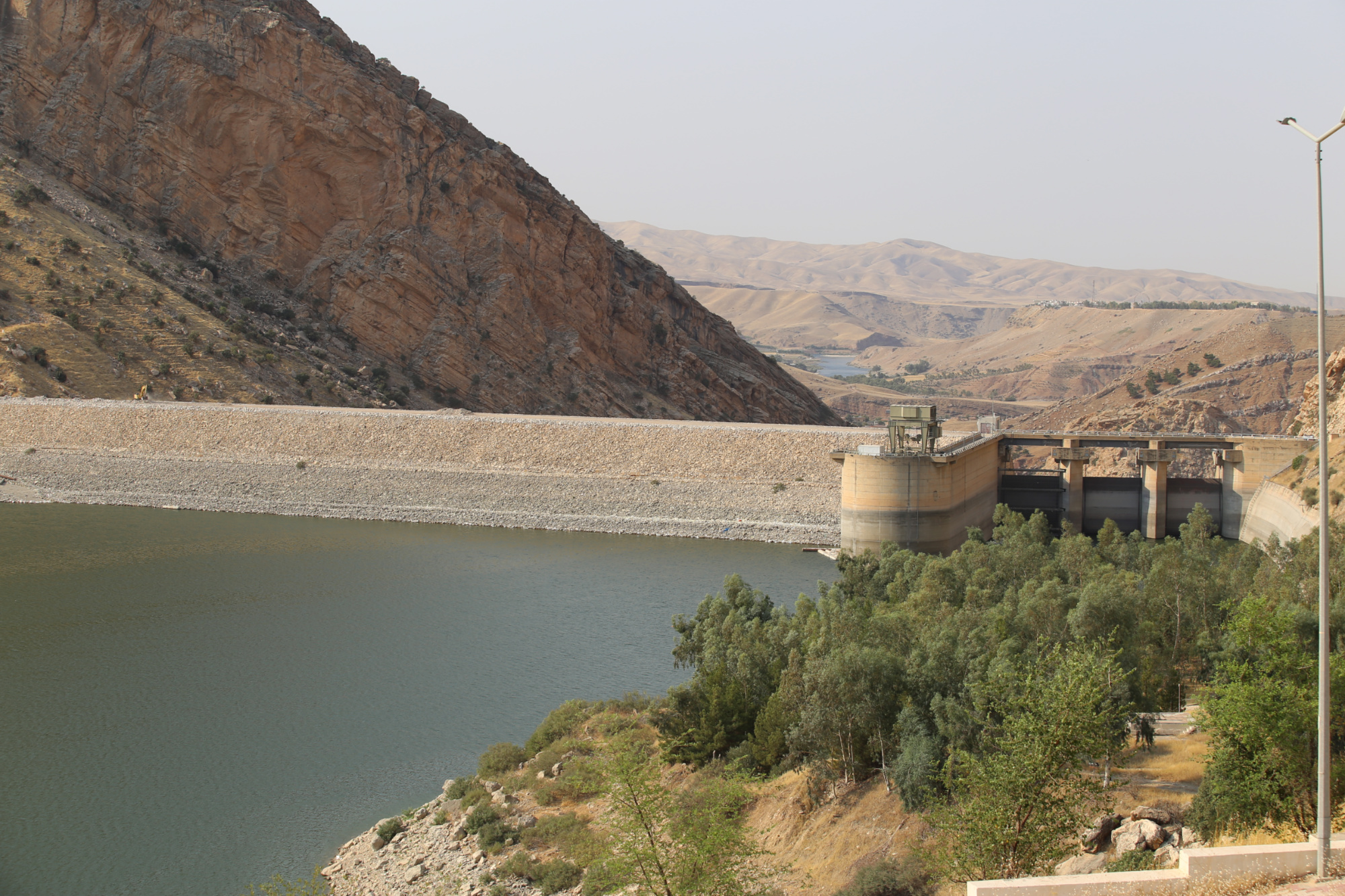
Iraqi Kurdistan has suffered its fair share of water crises over the decades, but experts warn that a catastrophe is now looming large as Iran blocks major water supplies from the region’s two main rivers – the primary sources of livelihood for nearly two million people.
The Sirwan and Little Zab rivers are crucial sources for the two major dams in the region, Darbandikhan and Dukan, and if Iran continues limiting the water flow into Iraq, the consequences will be disastrous for the people and the environment, Darbandikhan’s director Rahman Khani told Middle East Eye.
Iran has been reducing the flow of water to Iraq over the past three years, resulting in agricultural damage and water shortages, but last month Iraqi officials warned that flows coming from northwestern Iran into Sirwan and Little Zab have significantly dropped.

Khani said that nearly two million people depend on the rivers that flow through Halabja, Sulaymaniyah, Garmiyan district and Diyala province for agriculture, fishing projects, drinking water, tourism and power production.
“In a couple of years, Iran’s dams projects will not only create a catastrophe that will force people to migrate to other places, but will also have an impact on farmland, wildlife, and tourism,” Khani said.
“What continues life here is opening the reserved water in the dam,” he said, cautioning that they cannot continue to flow water from their reservoir for too long.
Water levels
According to Khani, water levels in Darbandikhan dam are decreasing at a rate of 15cm daily and the water is six metres lower than the same period last year, with Iran limiting the flow by 75 to 80 percent last month.
Darbandikhan dam is located 65 km southeast of Sulaymaniyah and is constructed on the Sirwan river, which springs from the Zagros Mountains in Iran and ends in the Tigris river, southeast of Baghdad.
Also Read: IAEA Allowed Inspecting A Suspected Nuclear Site In Iran After A Long Stand-off

